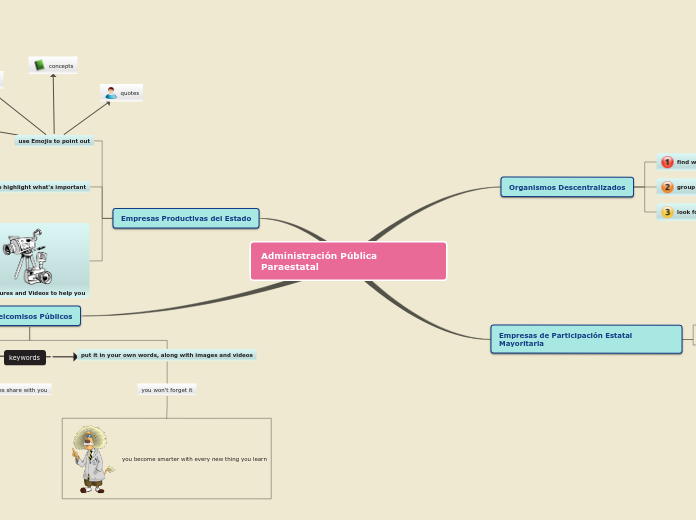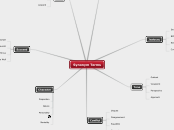by esha mann 7 years ago
511
The Book Theif - Hans Hubermann
Hans Hubermann's character is a blend of gentleness and strength, deeply caring for those around him. Despite his opposition to Hitler, Hans joins the Nazi Party to protect his family, demonstrating his willingness to go to great lengths for their safety.









